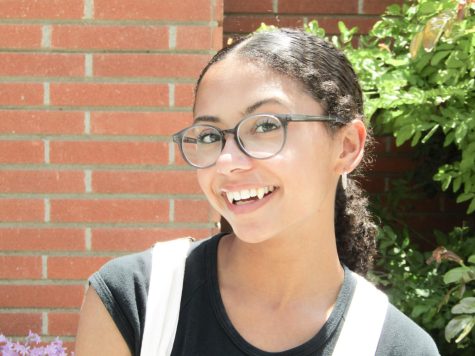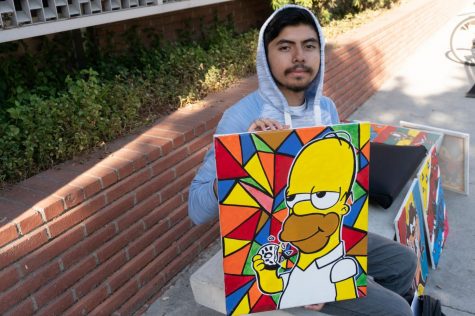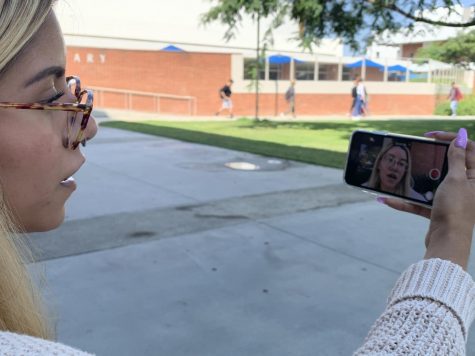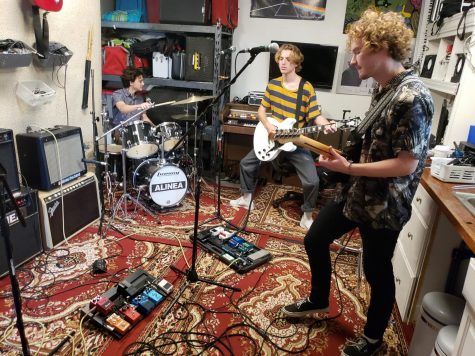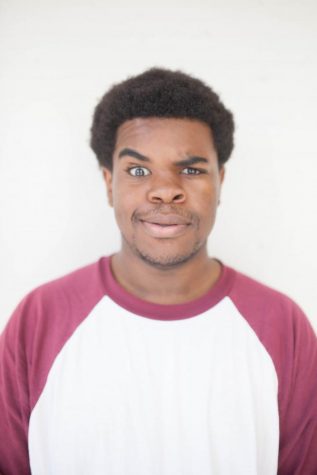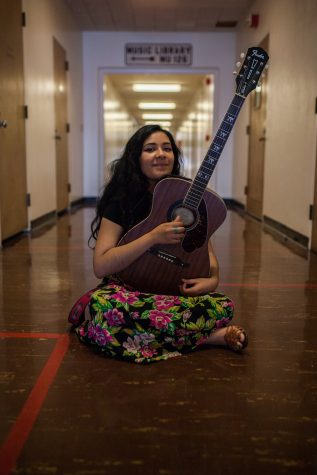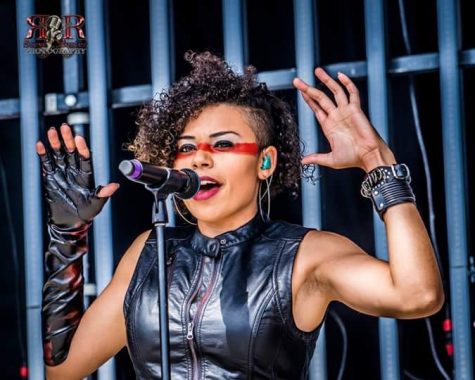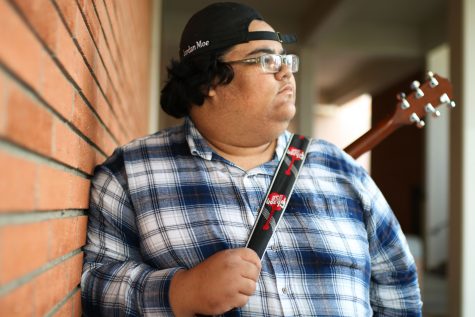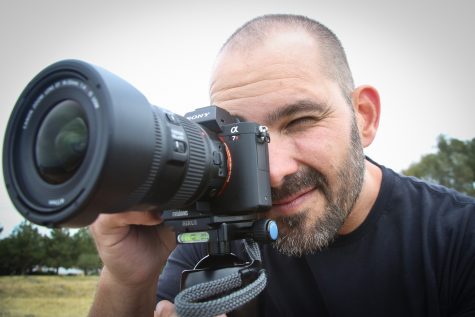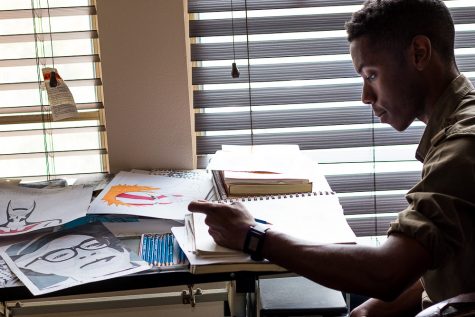Rising Star: Julio Delgado
Standing behind a thick, red curtain, beads of sweat form around his forehead and his hands tremble slightly. However, the enormous smile on his face reveals his excitement despite his apprehension.
Although he has been performing with Nuestras Raices, a folkloric dance group, for more than six years, Julio Delgado, physical education major, continues to experience the jitters before each show.
“I always feel nervous before each show, but when the curtain opens, I am just anxious to perform,” Delgado said.
Folkloric dancing can be defined as the traditional customs, tales, dances or art forms preserved among a people. For Delgado, it embodies his Mexican ancestry.
“It is something that comes from the past of your country, your roots, where you come from- it’s a way to show others your culture,” Delgado said.
Visually, Mexican folkloric dancing is lively. Although dances vary with each region of the Mexican states, in general, women wear flowing dresses of vibrant colors, while the men wear plain shirts and pants that are less colorful.
“Unlike tap dancing, in (folkloric) dancing we use all of our foot, the heel, the toes, the ball; we even use our knees,” Delgado said.
As a student in high school, Delgado was introduced to folkloric dancing when his teacher enrolled him in a dance group for a Cinco de Mayo program.
“At the beginning, I thought it was foolish, but once you have your first performance, after that you feel like you just want to keep on going; sometimes I cannot wait to go out and perform,” he said.
So Delgado kept moving to the music. He said that folkloric dancing is significant in that it serves as a healthy way to release stress and it has introduced him to many of his closest friends.
“We are a close group; we have good chemistry, we even look forward to the Friday practices,” Delgado said.
Furthermore, it allows him to serve as a role model to the younger group members who look up to him.
“In the group we have a lot of young kids; I would like to be a role model for them. I know some of them always look at the way I dance, it makes me feel proud,” he said.
As part of Nuestras Raices, Delgado would like to continue dancing and be able to expand and display their work throughout the community.
“Folkloric dancing is my passion and maybe in the future I would like to get paid for this. With the dance group I am in right now, we are hoping to go big and perform in many shows; I want people to notice this group,” Delgado said.
Nuestras Raices, funded in Gardena eight years ago, is a non-profit organization that promotes the Mexican culture through the traditional art forms such as dance and music while encouraging higher education.
For Delgado, a physical education instructor at a local elementary school, this means receiving a degree in physical education to continue teaching.
“Although I want to continue performing throughout my life, I want to become a physical education teacher, something I was introduced to through my job,” Delgado said.
Delgado said he is satisfied with what he has achieved with Nuestras Raices and predicts that dancing will continue to be a part of his life.
As the curtain closes, beads of sweat continue to frame his face, his body still trembles, but this time from agitation and his wide smile remains but the apprehension is now replaced by a feeling of complete satisfaction.
“God willing, I look forward to dancing for many years,” Delgado said.


